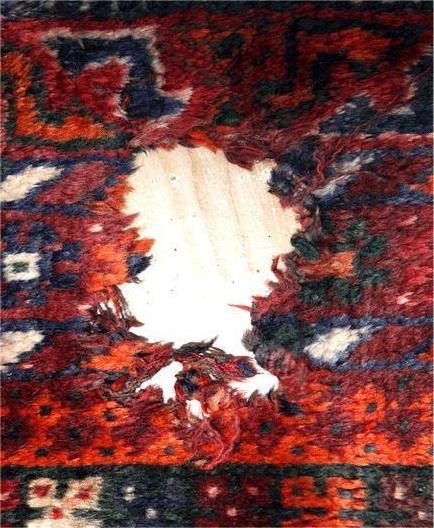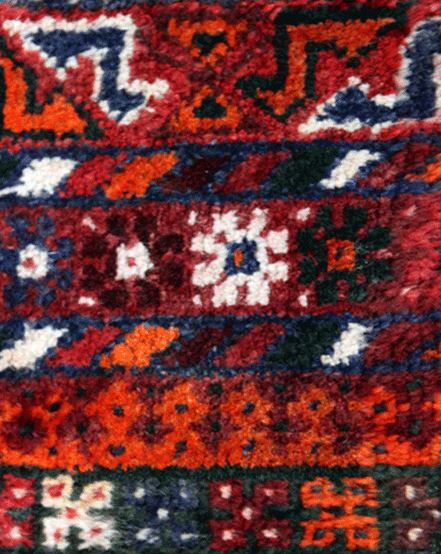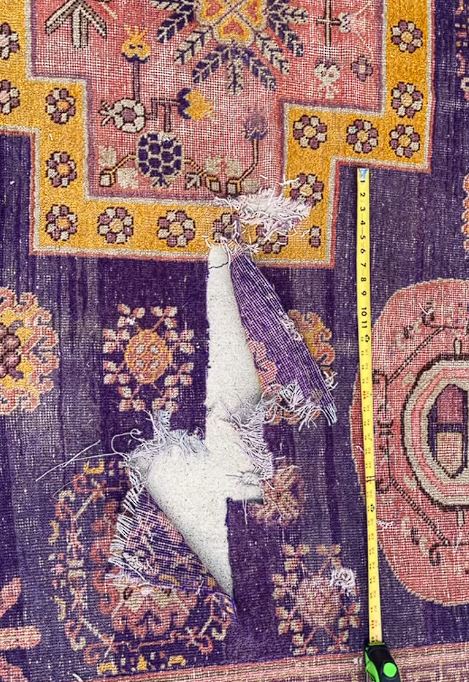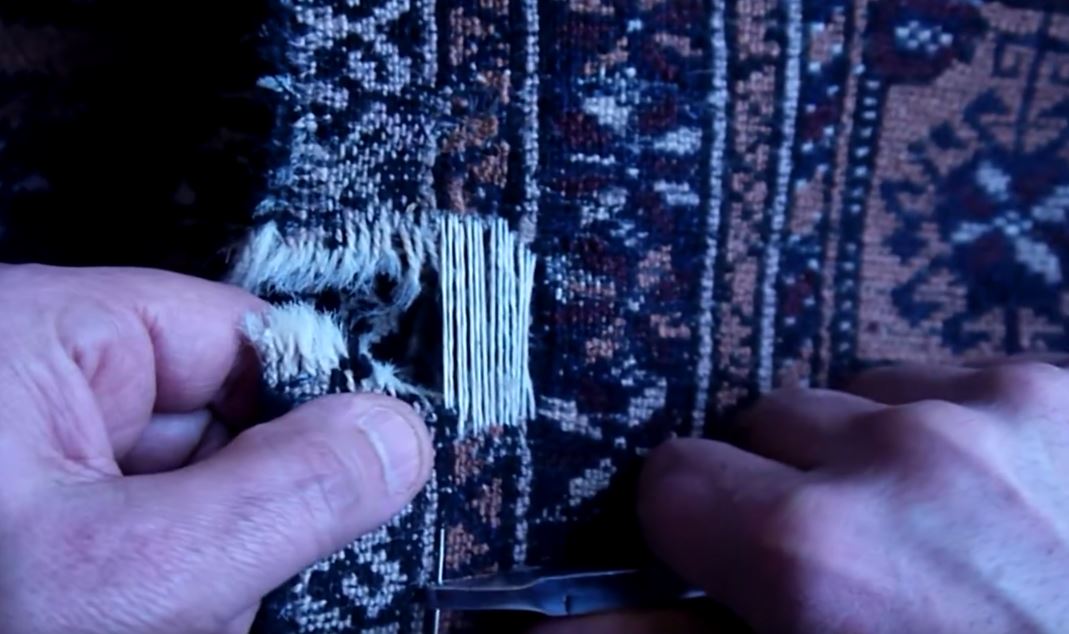Rug Hole Repair
We’re Passionate About Rugs. Dedicated to Quality

How to Fix Rug Damage Before It Gets Worse
It starts small—maybe a dime-sized hole you barely notice near the edge of your rug. Or perhaps a chunk of the pile is missing, revealing the backing beneath. Before you know it, that little hole becomes a larger tear, unraveling the beauty and structure of your rug.
Whether caused by foot traffic, furniture legs, pets, moths, or accidents, holes in rugs are more than just eyesores. They threaten the integrity of the rug’s weave, can rapidly expand, and—if ignored—may lead to irreversible damage.
If you’ve been searching for “hole repair near me” in Leonia or Bergen County, you’re already on the right track. In this article, we’ll explore what causes holes in rugs, how professionals repair them, and why timely intervention matters.



What Causes Holes in Rugs?
Understanding the root of rug damage helps prevent future problems. Holes and tears can occur from:
• Heavy foot traffic: Repeated pressure in one area can weaken fibers and knots, eventually creating bald spots or tears.
• Furniture damage: Sharp or heavy furniture legs can stretch or puncture fibers, especially in delicate wool or silk rugs.
• Pet claws or chewing: Dogs and cats may scratch or bite at rugs, leading to small but noticeable holes.
• Moth or pest damage: Larvae feed on natural fibers like wool, creating patchy damage and fiber loss.
• Aging and wear: Over time, the fibers of an older rug may degrade, particularly if it hasn’t been properly cleaned or maintained.
• Vacuum damage: Aggressive vacuuming, especially with a beater bar, can pull or fray the rug pile and backing.
No matter the cause, one thing’s clear: untreated holes don’t just stay the same—they grow.
Why Quick Hole Repair Is Essential
When a hole forms, the surrounding weave becomes vulnerable. Each step, tug, or vacuum pass risks stretching the fibers even more. The result? Larger holes, exposed backing, unraveling edges, and—eventually—a rug beyond saving.
Prompt repair can:
- Stop fraying and unraveling
- Reinforce the rug’s foundation
- Preserve the original design and structure
- Prevent further damage or the need for replacement
In short, the sooner you fix a hole, the easier—and less expensive—the repair will be.

Step 1: Detailed Inspection
Our expert first examines the rug to determine the cause and extent of the damage.
Step 2: Dusting & Dry Soil Removal
Before any work begins, the rug is cleaned to remove dust, dirt, or debris that could interfere with repairs. This also helps reveal the true colors and condition of the surrounding fibers.
Step 3: Stabilizing the Weave
If the hole is actively unraveling, the first step is to secure the surrounding threads to prevent the damage from spreading.
Step 4: Reweaving
Depending on the rug’s construction, our technician will either:
➣ Reweave missing fibers by hand to replicate the original knotting technique and pattern.
➣ Apply a matching patch for machine-made rugs or where reweaving isn’t feasible.
Step 5: Backing Reinforcement
If the rug’s backing has also been compromised, a support patch may be added to restore durability and prevent future holes in the same area.
How to Find the Best Rug Hole Repair Near You
Typing “rug hole repair near me” will return plenty of results—but not all rug services are equal. Look for:
➣ Specialists in handmade or Oriental rug repair
➣ Experience with both reweaving and patching.
➣ Ability to match fibers, patterns, and colors.
➣ Before-and-after photos or client testimonials.
➣ Clear repair estimates and turnaround times.
If you’re in Bergen County, ask questions about their process, especially if your rug has sentimental or collector value.
Message Us
The Rugsters
Area Rug Cleaning
Oriental Rug Cleaning
Rug Repair and Restoration
Pet Stain and Odor Treatment
Flooded Rug Repair
Bergenfield - Cliffside Park - Englewood - Fort Lee - Garfield - Hackensack - Leonia - Lodi - Manhattan - North Bergen - Paramus - Ridgewood - Union City - West New York
